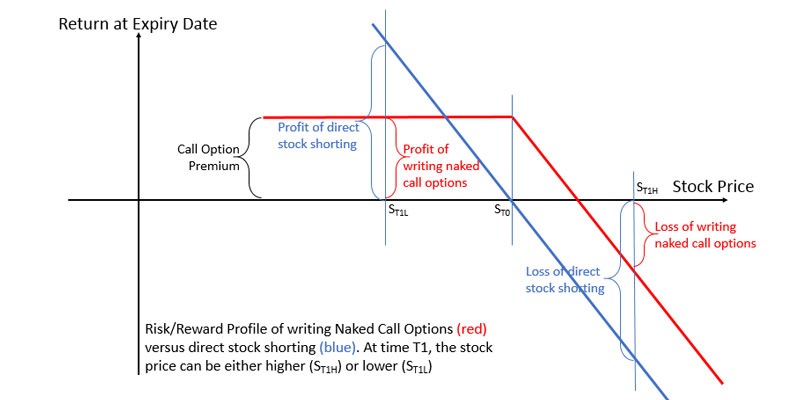Understanding tax dependent rules can often feel like navigating a labyrinth, with its myriad of rules and guidelines. This guide aims to demystify these complexities and provide a comprehensible, step-by-step approach to understanding and applying these rules. Whether you're a working professional assessing your eligibility for child or relative tax benefits, or a student trying to understand how being a dependent affects your own tax responsibilities, this guide will prove invaluable. We will delve into the criteria for determining dependents, different types of dependents, the tax benefits associated with claiming a dependent, and how to handle unique situations. This guide aims to provide clarity and confidence to taxpayers wrestling with these often complicated issues.
Definition of a Dependent
Before exploring the various tax dependent rules, it's important to understand the basic definition of a dependent. According to the Internal Revenue Service (IRS), a dependent is an individual who meets certain criteria set by the IRS which makes them eligible for certain tax benefits. These criteria include relationship, age, residency, and financial support.
Types of Dependents

There are two main types of dependents recognized by the IRS: qualifying children and qualifying relatives.
Qualifying Children
A qualifying child is a dependent who meets specific age, relationship, residency, and financial support criteria set by the IRS. These include being under the age of 19 (or 24 for full-time students), living with the taxpayer for more than half of the year, and not providing more than half of their own financial support.
Qualifying Relatives
A qualifying relative is a dependent who meets specific relationship, residency, and financial support criteria set by the IRS. Unlike qualifying children, they do not have to meet age requirements or live with the taxpayer for more than half of the year. However, they must still rely on the taxpayer for more than half of their financial support and have a specified relationship with the taxpayer such as a parent, grandparent, or sibling.
Rules for Claiming a Qualifying Child
In order to claim a qualifying child as a dependent on your taxes, you must meet all of the following criteria:
- Age: The child must be under the age of 19 at the end of the tax year, or under the age of 24 if they are a full-time student. There is no age limit for children who are permanently and totally disabled.
- Residency: The child must have lived with you for more than half of the tax year.
- Financial support: The child cannot provide more than half of their own financial support.
Additionally, there are special rules for divorced or separated parents, multiple support agreements, and children of divorced or deceased parents. It's important to consult the IRS guidelines or a tax professional for specific situations.
Rules for Claiming a Qualifying Relative
In order to claim a qualifying relative as a dependent on your taxes, you must meet all of the following criteria:
- Relationship: The relative must be related to you in one of the following ways: child, stepchild, sibling, half-sibling, parent, grandparent, great-grandparent, niece or nephew, aunt or uncle.
- Residency: The relative must have lived with you for more than half of the tax year (with exceptions for certain relatives).
- Financial support: You must have provided more than half of the relative's financial support for the tax year.
- Gross income: The relative must have a gross income of less than $4,300 for 2020 (subject to change each year).
It's important to note that there are also special rules for relatives who do not live with you, multiple support agreements, and divorced or separated parents. It's always best to consult the IRS guidelines or a tax professional for specific situations.
Special Situations
In some situations, individuals may have dependents who do not fit into the traditional categories of qualifying children or relatives. The IRS does allow for special circumstances to be considered when determining dependent status.
Special Circumstances for Qualifying Children
- Conjoined Twins: In cases of conjoined twins, the IRS considers them as one individual for tax purposes and only allows one parent or guardian to claim them as a dependent.
- Multiple Births: In cases of multiple births (such as twins, triplets, etc.), each child is considered an individual and can be claimed as a dependent by the appropriate parent or guardian.
Special Circumstances for Qualifying Relatives
- In-Laws: While in-laws are not typically considered qualifying relatives, if they live with the taxpayer for the entire year and meet all other criteria, they can be claimed as a dependent.
- Non-Citizen Relatives: Non-citizen relatives who do not have a Social Security number can still be claimed as dependents using an Individual Taxpayer Identification Number (ITIN).
Tax Benefits Associated with Claiming a Dependent

There are several tax benefits associated with claiming a dependent on your taxes, including:
- Dependent exemption: For each qualifying dependent you claim, you can deduct a certain amount from your taxable income (subject to income limitations).
- Child tax credit: If you claim a qualifying child, you may be eligible for the child tax credit which can provide a reduction in your taxes owed.
- Earned Income Tax Credit (EITC): If you have a qualifying dependent and meet certain income requirements, you may be eligible for the EITC which provides a refundable tax credit.
- Head of Household filing status: Claiming a dependent can also allow you to file as head of household, which may provide additional tax benefits and lower your tax rate.
Conclusion
Claiming dependents on your taxes can provide significant tax benefits, but it's important to understand the criteria and rules set by the IRS. Make sure to review the guidelines carefully and consult with a tax professional if you have any questions or special circumstances. It's also essential to keep accurate records and documentation when claiming dependents for tax purposes. By understanding the requirements and staying organized, you can ensure that you are taking full advantage of any tax benefits available to you. Claiming dependents is just one way to potentially reduce your tax liability and keep more money in your pocket each year.




